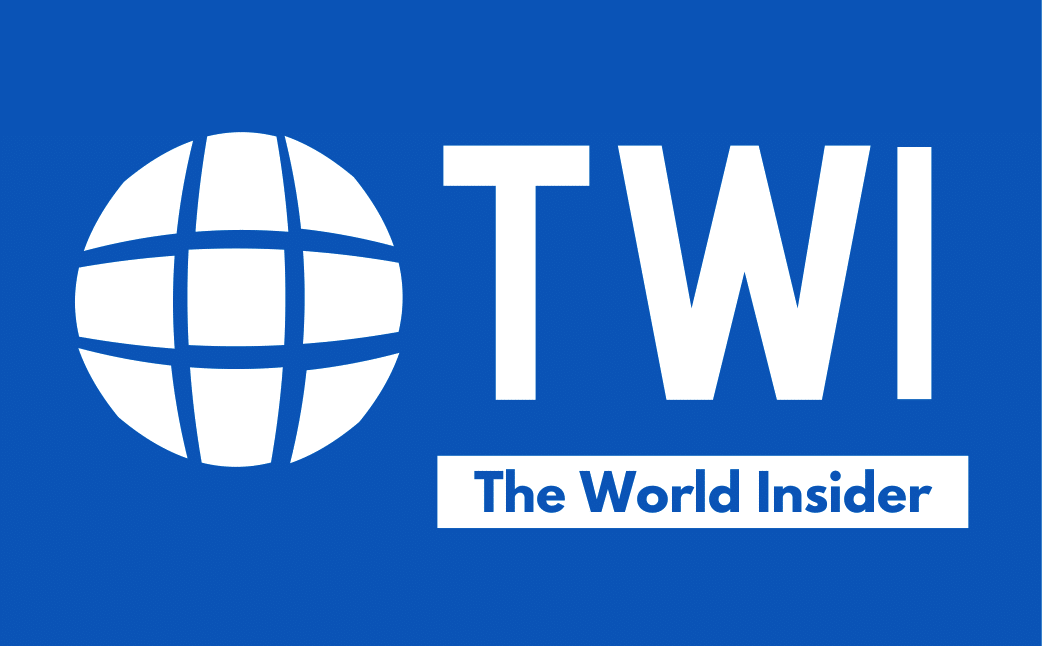The United States orders an arms embargo and export restrictions on Cambodia, citing the growing influence of the Chinese military in the country, as well as corruption and human rights issues.
According to a statement, the actions announced by the State Department and Department of Commerce are aimed at restricting Cambodian military and intelligence agencies from accessing “less-sensitive military items” as well as “defense articles and defense services.”
Additional restrictions on defense-related goods and services, issued by the United States Department of State and the Department of Commerce will be announced on December 9.
According to a document submitted to the Federal Register, the Department of State included Cambodia on the list of countries to which all arms exports are banned.
The document stated that despite the appeals made by US officials, “Cambodia continues to allow the PRC to expand its military presence and construct exclusive-use facilities on the Gulf of Thailand”.
A notice in the U.S. Federal Register also stated that developments in Cambodia were “contrary to U.S. national security and foreign policy interests”.
According to reports, the main purpose of this embargo is to ensure that Cambodia’s military and military intelligence agencies cannot obtain defense-related items without prior review by the U.S. government.
Commerce Secretary Gina Raimondo said, “The United States remains fully committed to Cambodia’s independence and the sovereignty of its people… We urge the Cambodian government to make meaningful progress in addressing corruption and human rights abuses, and to work to reduce the influence of the (People’s Republic of China) military in Cambodia, which threatens regional and global security.”
Earlier in November, the U.S. Treasury Department ordered sanctions against two senior Cambodian military officials on the grounds of corruption and association with China.
The U.S. government also issued an advisory warning to U.S. companies about potential exposure to entities that violate human rights, corruption, and other destabilizing behaviors in Cambodia and its military.
Cambodia described those sanctions as “politically motivated” and emphasized that it would not be the topic of discussion with the United States.
As Cambodia becomes one of China’s most important allies in the region, the actions of the State and Commerce departments reflect U.S. efforts to counter China’s growing influence in the Southeast Asia region.




